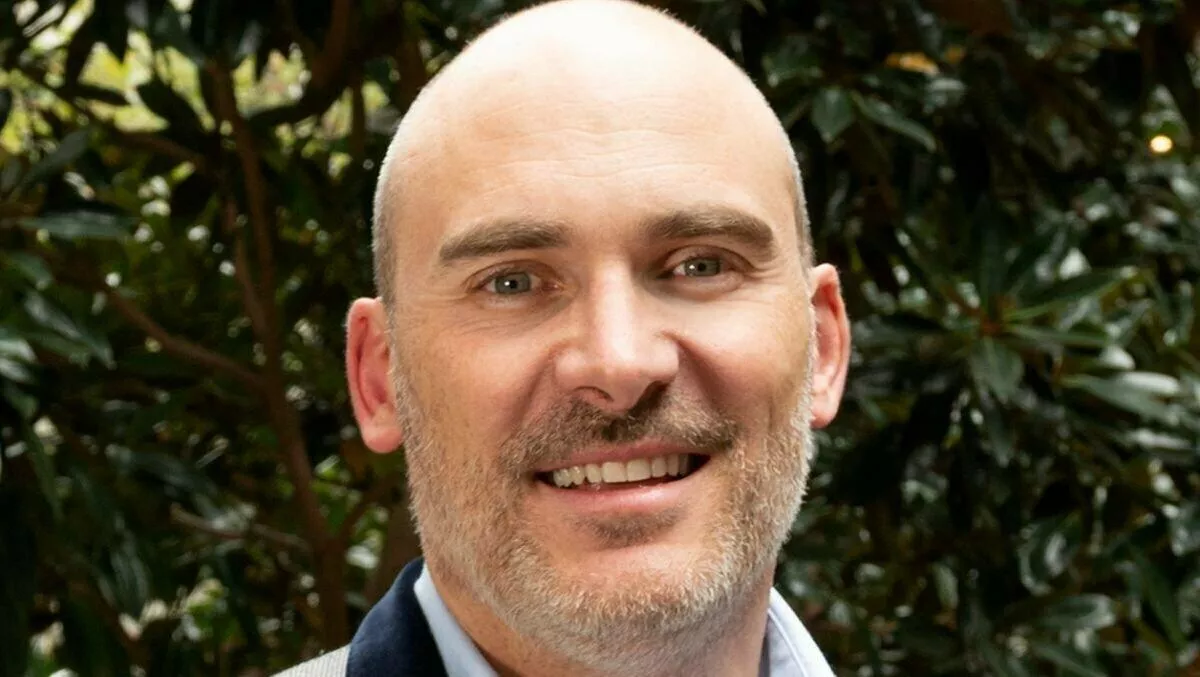
An Australian fintech firm called Moula is changing the way small business lending works, all through the use of artificial intelligence.
In partnership with Microsoft, Moula disrupts the traditional banking industry by shortening processes that would traditionally take weeks to just two days.
Imagine the process of providing a loan to a small business. Traditionally this would take 10-14 days as banks process the loan; however, Moula can deliver funds up to $500,000 within 24-48 hours.
The difference is that Moula draws on open banking and artificial intelligence to crunch data relating to a firm's creditworthiness.
In Australia there are approximately 2.3 million businesses, of which the majority are classed as small or medium.
According to Moula, it's an important sector in Australia's economy, and it's also important to partner with those businesses.
“If you don't have the benefit of assets, like the family home to put up as collateral, then your ability to borrow money from the bank is pretty limited,” explains Moula's chief product and strategy officer, Justin Green.
“Moula's thesis was very much ‘can we partner with small businesses?', try and demystify this volatility that exists in small businesses, encourage this open sharing of business data, as the critical asset to understand the nature of someone's business.
To deliver this AI-based data and decision-making technology, Moula leveraged Microsoft Azure because it was most cost-effective.
“Taking into consideration the licensing and service expenses, Azure is more cost-effective. As we are using PaaS, we are no longer concerned with updating the VMs and patching the frameworks,” explains Moula's chief data officer Paul Pesavento.
“Azure provides better and more fine-grained security. It has helped us to use advanced threat detection and security features in Azure SQL databases we are using. Last but not least, we can scale up to any kind of workload we have to deal with.
Moula worked with Microsoft partner BizData to create an Azure-based data warehouse, implement Power BI, and to leverage AI and machine learning capabilities.
The company also needed to create the backbone of its artificial intelligence and machine learning services, which all come from Moula's own logic.
It created a machine learning decision model through Scikit-Learn machine learning algorithms, accessed via Azure Machine learning Services.
That model then predicts the probability of any business being able to pay back its loan.
“The machine learning models also provide useful context in the form of the relative importance of each of the pieces of information that it has based its decision on,” says Pesavento.
Additionally, a devops approach to innovation is important – Moula uses App Services for .net, app service containers for Linux, Functions, Azure SQL database, ServiceBus, CosmosDB, Azure Documents, Data Factory, Key Vault, and VMs.
All of these technologies are secured through multiple layers of defence through Azure features such as Advanced Data Security and Dynamic Data Masking.
Pesavento believes open banking Australlia will boost interest in alternative financial solutions.
“Whilst customers already have the ability to share their banking data with us, the move to open banking should make this practice more common place and trusted, and help customers feel more in control of their data and able to use that data to more easily and more quickly access services from non-bank providers including Moula,” says Pesavento.
For businesses, that means financial platforms can now be ‘liberated'.
“Your business data is your biggest asset, in looking for a lending solution.
